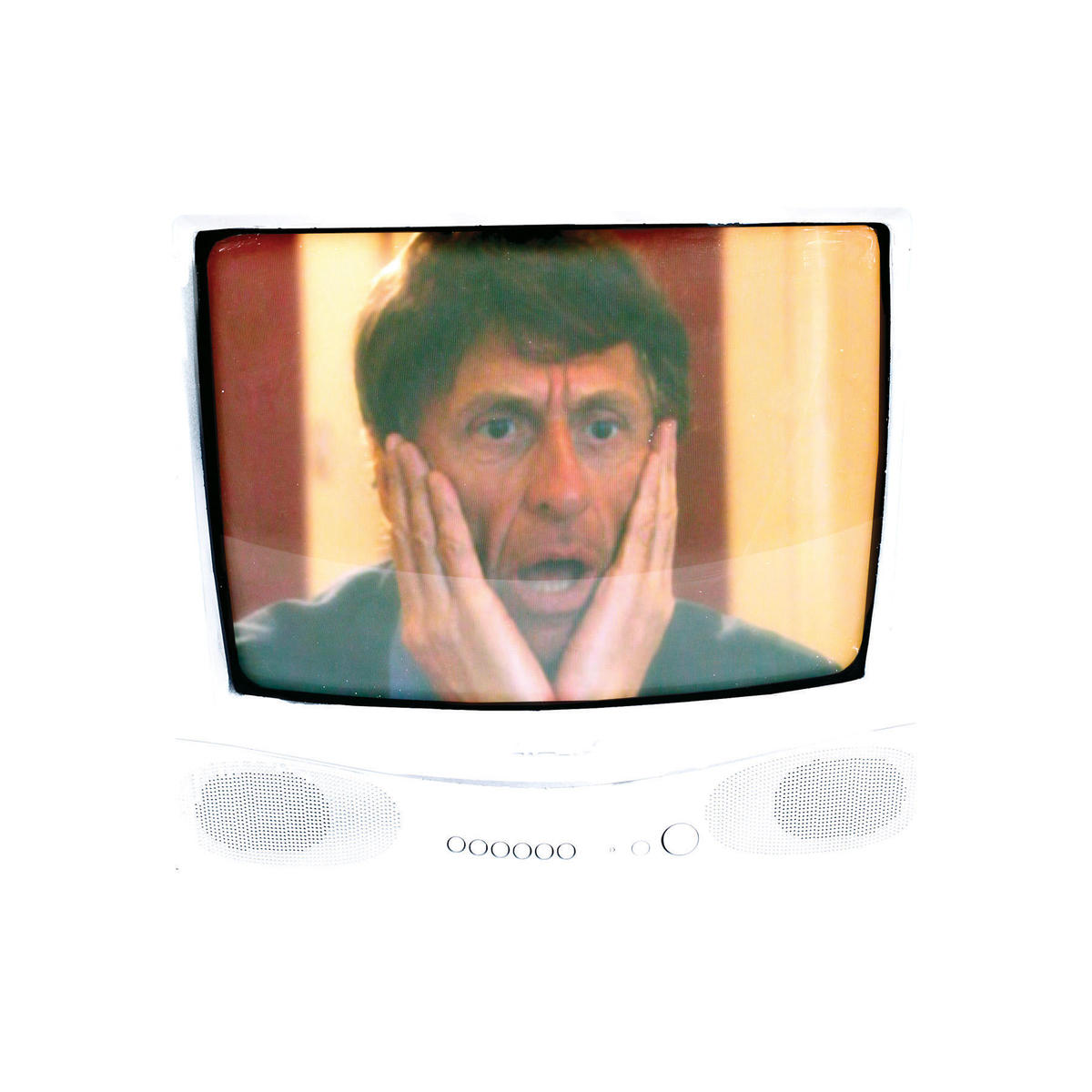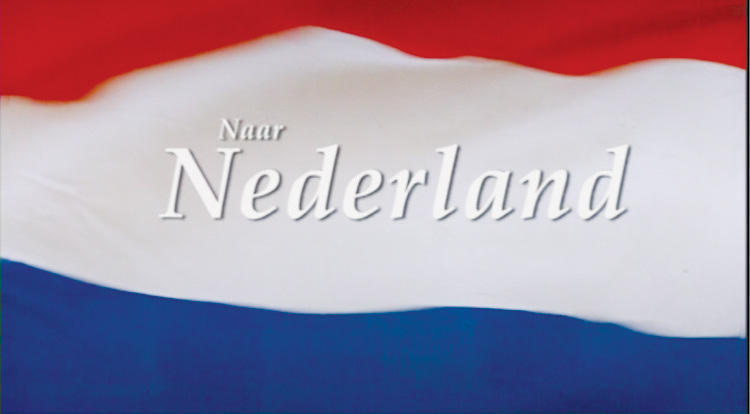
“Every bit of land in the Netherlands is used for something — for agriculture, for industry,for traffic, for housing, or for recreation.”
—Coming to the Netherlands, the film
Dutch multiculturalism isn’t what it used to be. These days, Dutch identity is oddly rooted in ideas about sexual liberty and sexual equality. In the wake of the 2002 murder of anti-immigrant (gay) political figure Pim Fortuyn, and the 2004 assassination of Theo Van Gogh following the uproar caused by his film denouncing Islam’s treatment of women (made with then Dutch member of parliament Ayaan Hirsi Ali, herself an immigrant from Somalia, now at the neo-connish American Enterprise Institute), the tension between sexual democracy and multiculturalist ideals occupies center stage. Of course, in a post-9/11 world, and in a European context saturated with xenophobia, the reaction against multiculturalism is not just about sex — but in the Netherlands (as elsewhere throughout Europe and the West) the question of sexual democracy has emerged as a clutch new instrument to be used in the policing of Arabs, Muslims, and assorted racialized “others.” Increasingly, it defines the divide between “us” and “them.”
The new premium on sexual freedom and equality is perhaps most visible in the “Civic Integration Examination.” Foreigners must take this exam in order to spend more than three months in the Netherlands, in particular to join a partner — that is, unless they come from Europe, North America, Australia, New Zealand, or Japan. Integration is no longer perceived simply as a desirable consequence of a prolonged stay in the country; it has now become a preliminary requirement, not just for naturalization, but for immigration itself. It requires not only language skills, but also what might be termed a sort of “cultural competence.”
How are potential immigrants to acquire the basics of Dutchness before moving to the Netherlands? They may purchase an examination package care of the Dutch Immigration and Naturalization Service — the centerpiece of which is a film, available on DVD or videotape in a variety of languages, including English and French and, more crucially, Standard and Moroccan Arabic, Kurdish, Turkish, and the like. The film “shows you how people live in the Netherlands.” According to the Dutch INS website, the DVD provides “a friendly guide” who will inform you as to the ways of Dutch society. “You will be given information about living in the Netherlands and about Dutch politics, work, education, and healthcare. You will also be told a bit about the history of the Netherlands.”
And so the education begins. One is told, for example, that in the Netherlands, “work is important;” it’s an essential ingredient of social identity. Yet it’s “more difficult for migrants to find work than for Dutch people.” It seems that language isn’t everything, either; cultural codes matter as well. “There are often rules at work that are not written down anywhere, and most Dutch people will know them. But migrants often won’t.” Being on time, dressing smartly, looking others in the eye, and not making phone calls during job interviews are all part of a code understood by the Dutch. And foreigners need not just be culturally integrated — “Actually, migrants have to perform better if they want to break through prejudices and win an employer’s trust.”

The discussion of work also touches on sexual equality. “In the Netherlands, the aim is that everyone works, both men and women, so each has his or her income. This applies to women with children, too.” Why insist thus? The assumption is that, contrary to “us” (the Dutch, Europeans, Westerners), immigrants will have a problem with such a proposition. Sexual democracy becomes central — even more than religious freedom — when discussing the Dutch vision of democracy. “Everyone in Holland has equal rights. Women have the same rights as men. Women and men are equal. They each make their own choices, and both are allowed to express their own opinions. Women and men have the right to live with, or marry, the partner of their own choice.” Continuing from that point, “homosexual couples can also get married.”
That generally covers the norms; what of laws? Here the guide is more ominous. For example, “a man beats a woman because, according to him, she has behaved like a whore. She flees, but he finds her and kills her. Honor killing, he says; murder, says the Dutch judge.” And the headline reads “Man Convicted of Wife’s Murder!” Or, in another case, “a girl’s clitoris and labia have been partially removed and then sewn together; female circumcision, say the proud family; deliberate mutilation, says the Dutch penal code. Punishable by law. ‘Mutilated by Circumcision,’” according to the paper. And another example: “A woman reports her husband to the police because he beats her at home. That’s private, he says; that’s abuse, says the police. ‘Jail Term for Domestic Abuse,’” reads the headline.
In the visual format of the DVD, sexual democracy is most prominently expressed as sexual liberation. The Dutch, we are told, “don’t make a fuss about nudity.” The history of the 1960s as a critical turning point is amply illustrated by shots of Woodstock-like full-mouth kissing, bare buttocks, and breasts. “Increasing numbers of young people started living more liberated lives. This was evident in the relaxed interaction between men and women known as the sexual revolution.” In the same vein, to illustrate the idea that “it’s against the law to discriminate against either men or women because they’re homosexual,” the film cuts to a gay couple kissing in a flowery field.
“Some things that are quite ordinary and acceptable in the Netherlands are forbidden in other countries.” This is no reference to marijuana, famously legalized in the country — but rather, to sex and expressions of sexuality. The immigration authorities solicitously provide two versions of the film; in the edited version, licentious images have been deleted (no hint is given as to whether the purchasing of this sexless version might be targeted by immigration services as a telltale sign of fundamentalism). But this begs the question, if applicants, especially from Islamic countries, are expected to get accustomed to bare breasts and gay kisses, how will an edited video prepare them for life in the democratic West?
Today, Western democracy claims sexual liberty and equality between the sexes as one of its primary attributes and distinctions. Sexual democracy has become a litmus test for potential immigrants. Following this logic, why is Vatican nationality expressly mentioned by Dutch authorities in the list of exemptions from the “Civic Integration Examination”? Don’t Vatican theologians have a problem with sexual democracy, as manifest in their qualms about gay marriage and sexual liberation in general? Is the Vatican exempt from (and spared of) the DVD simply by virtue of its European heritage? One wonders whether copies of the (friendly, unedited, educational) Dutch DVD might not help our brethren in Vatican City, should they one day decide to embrace democracy, Western-style.